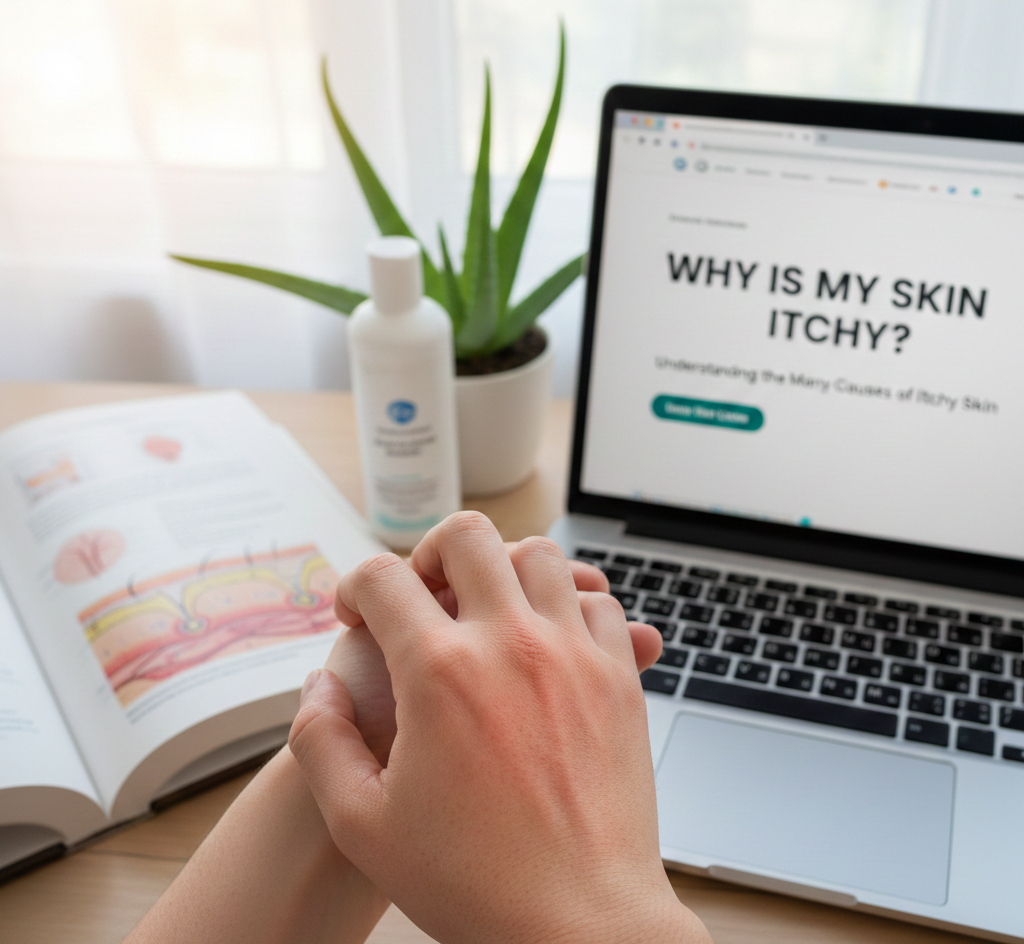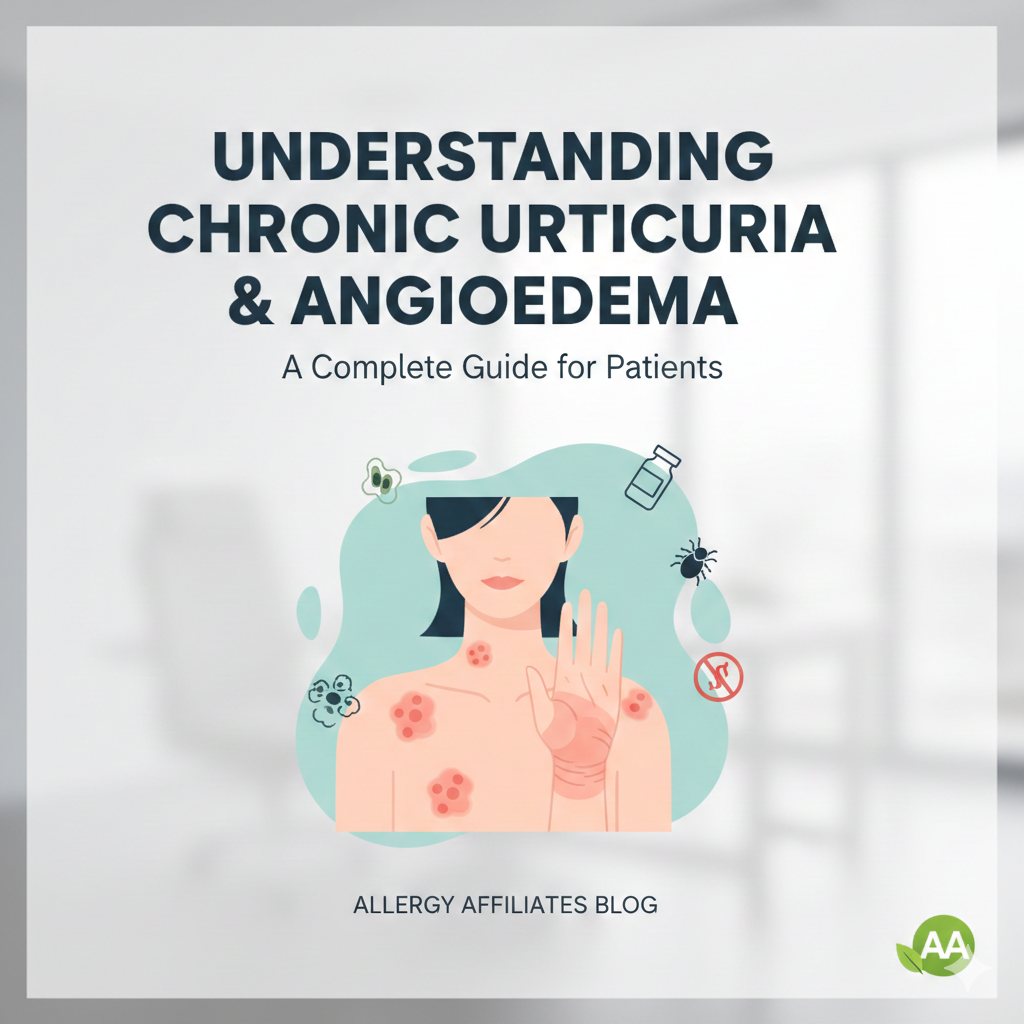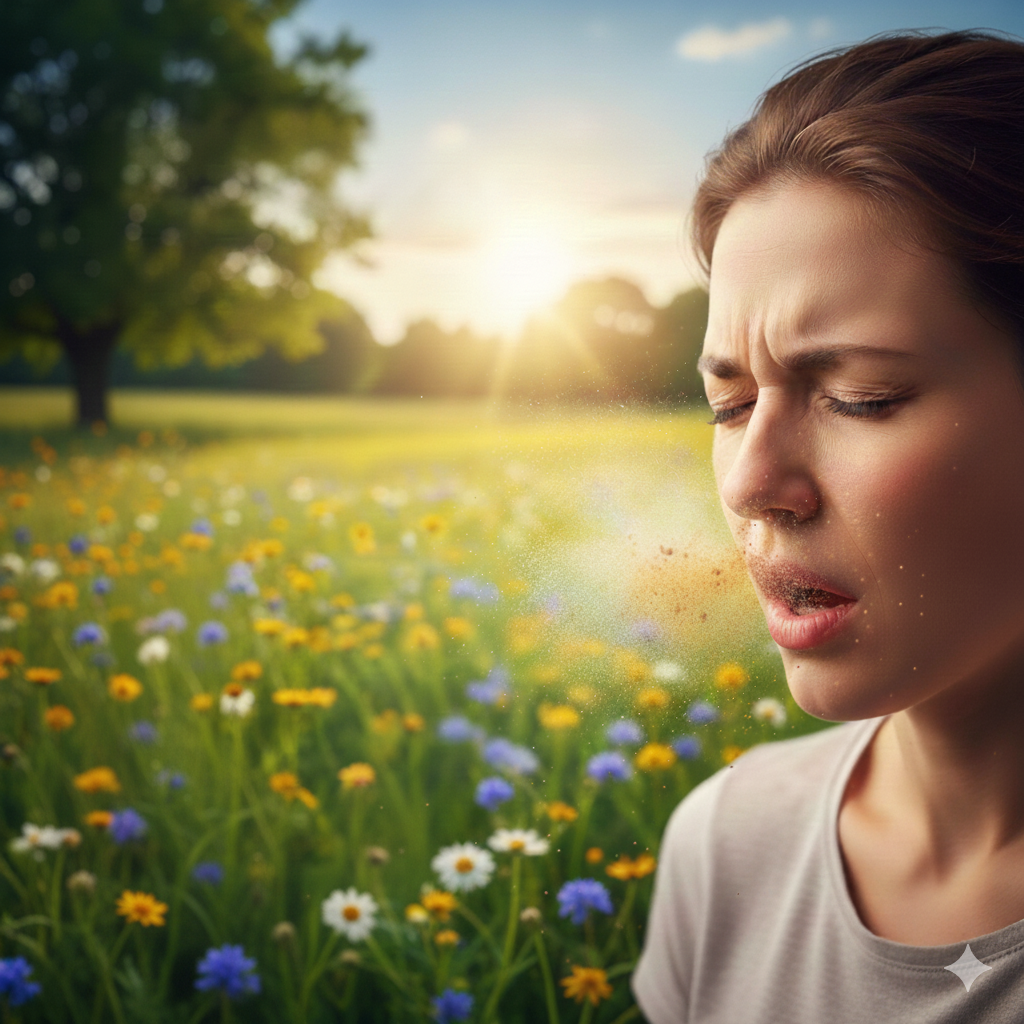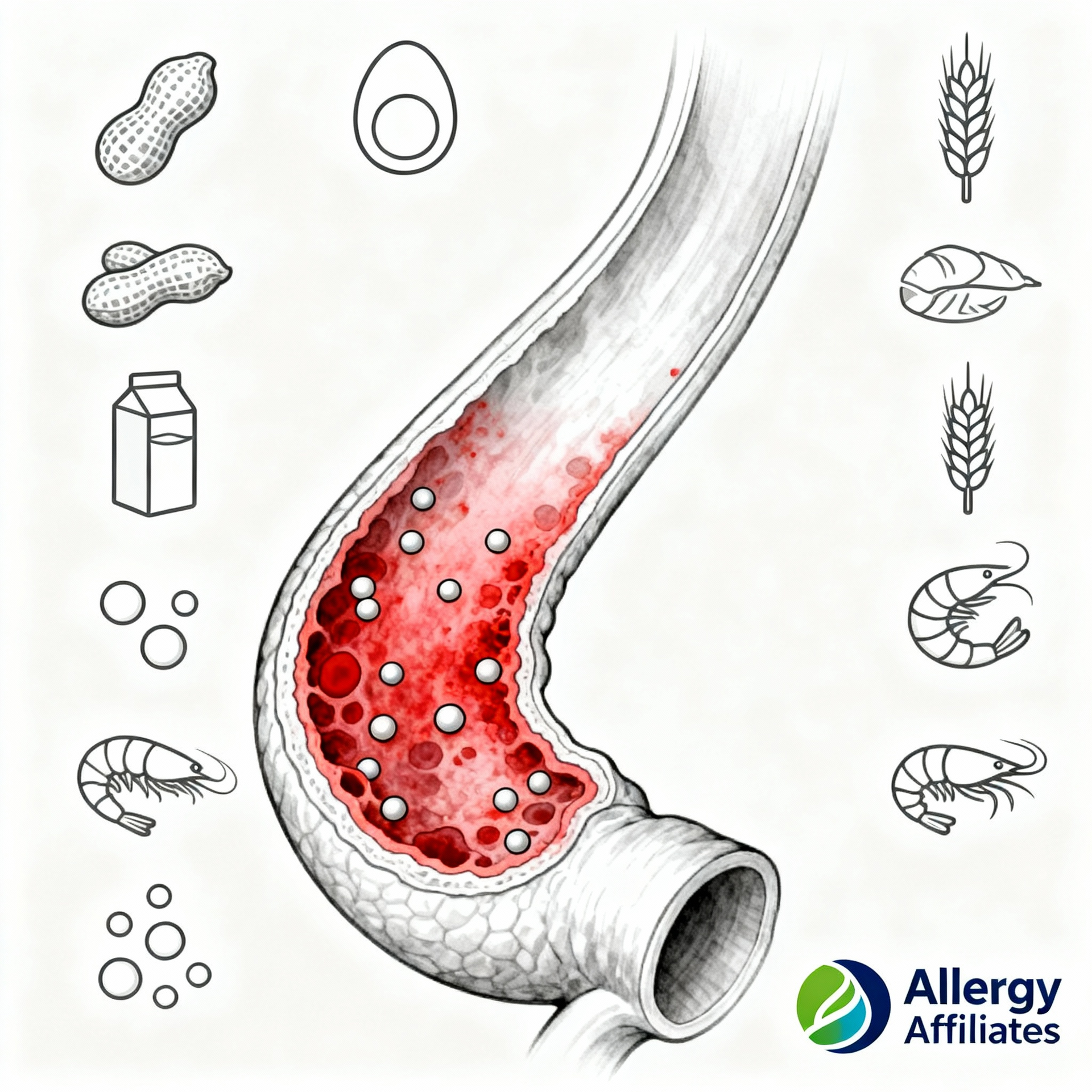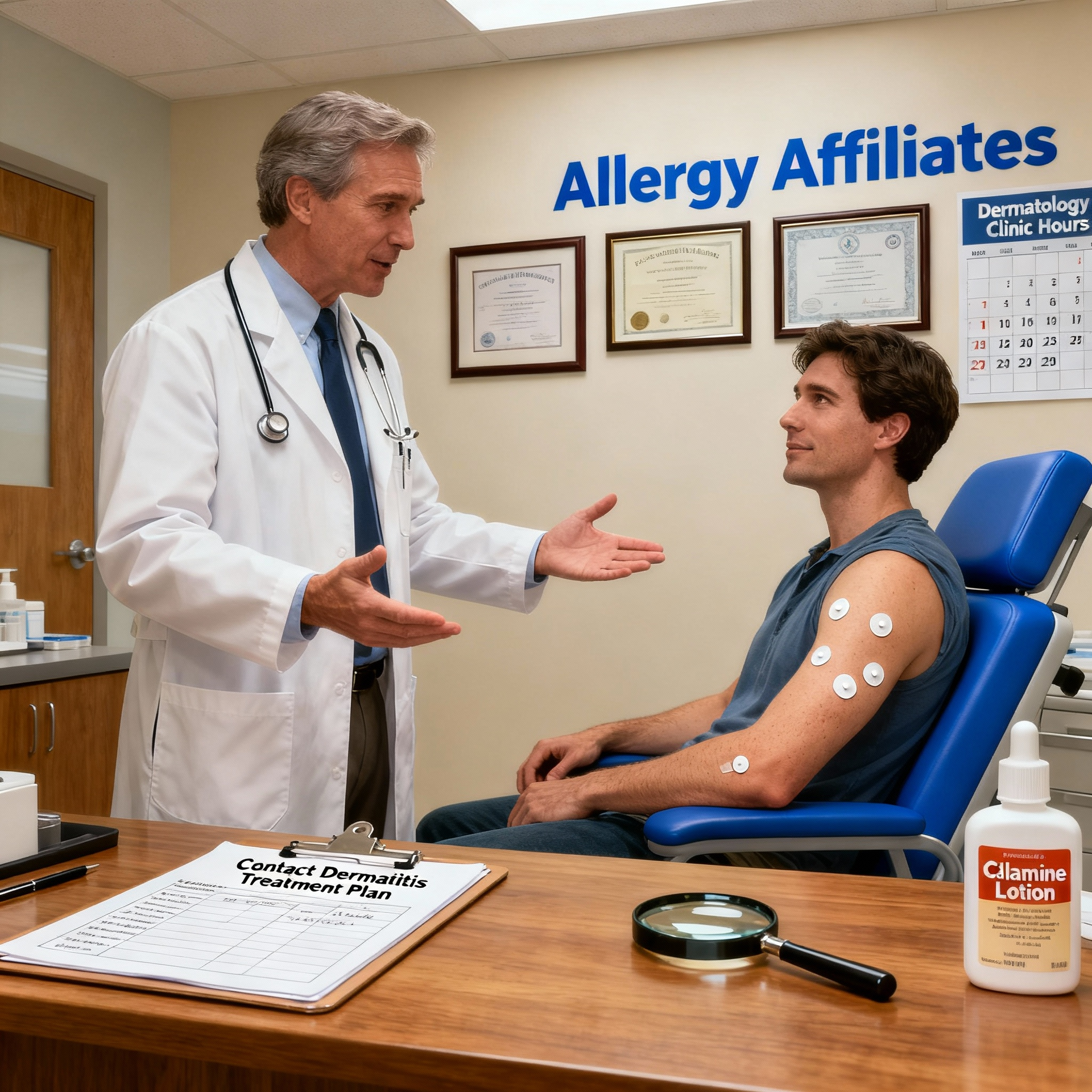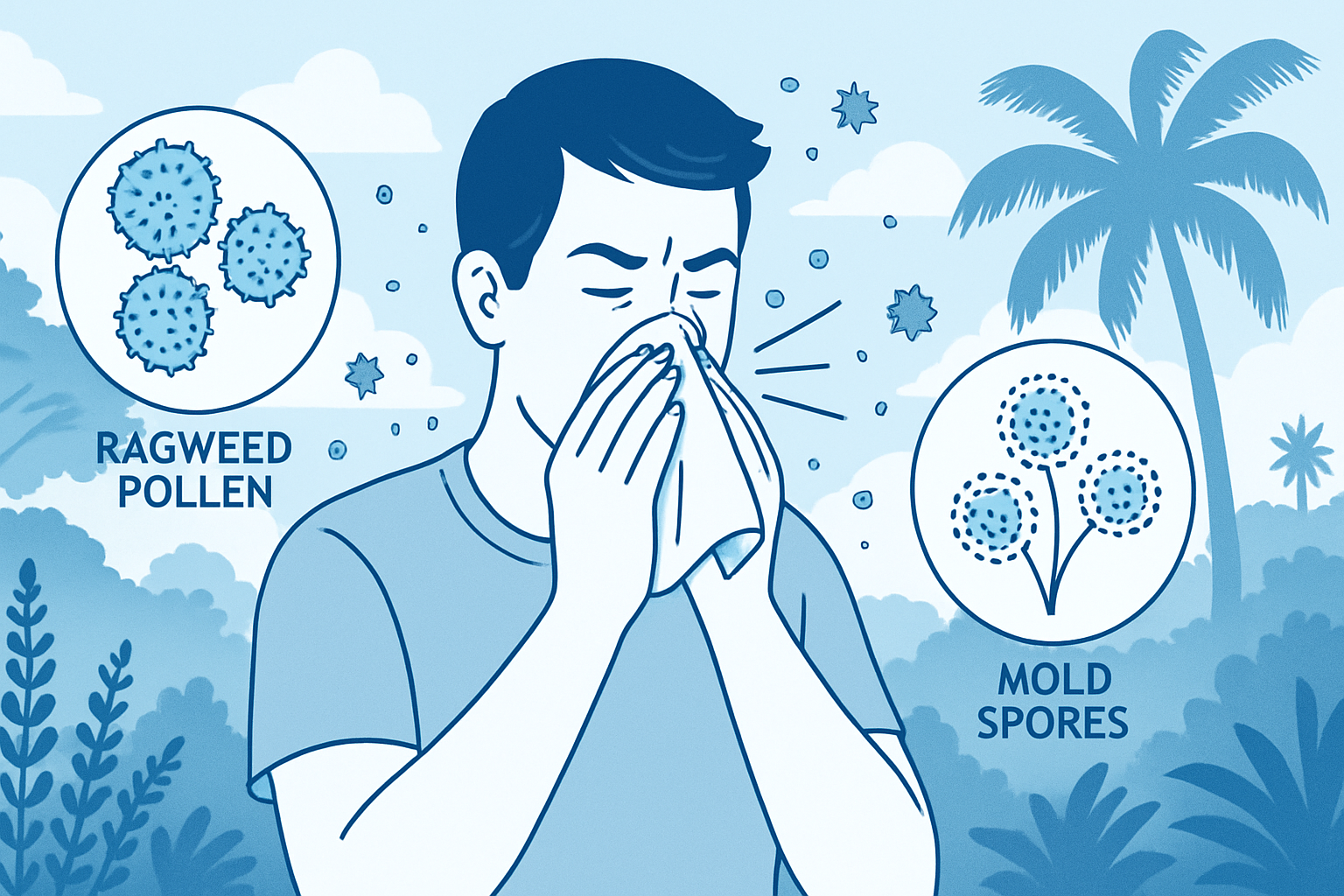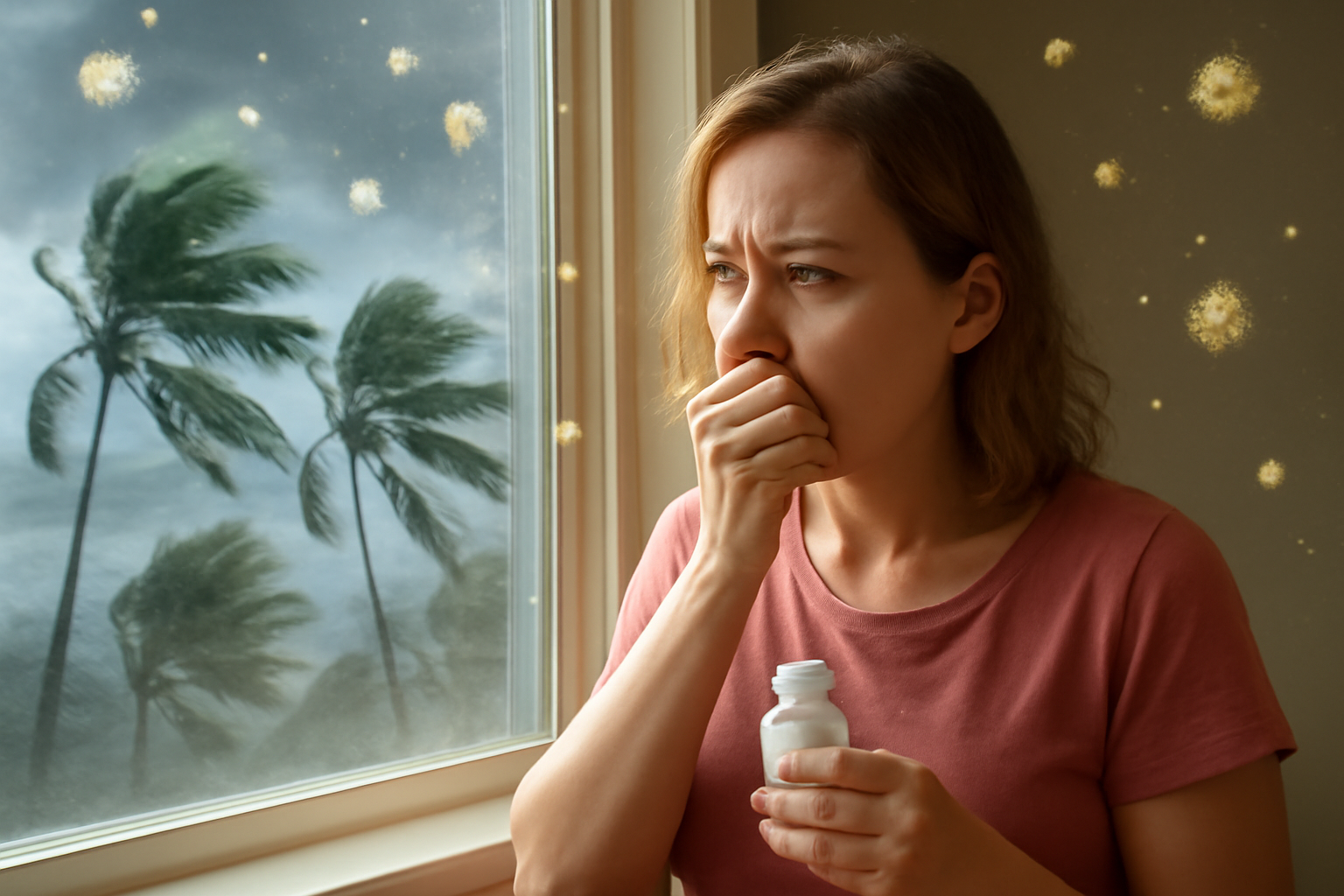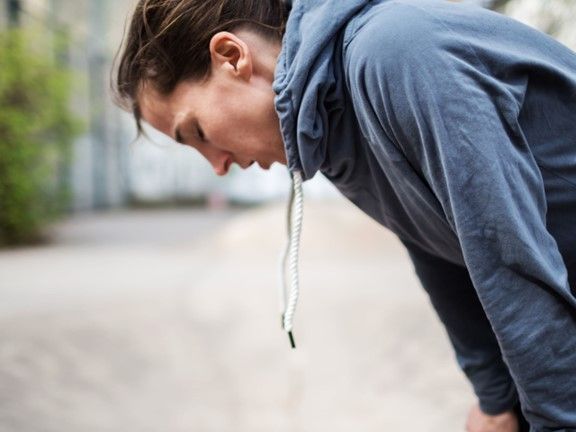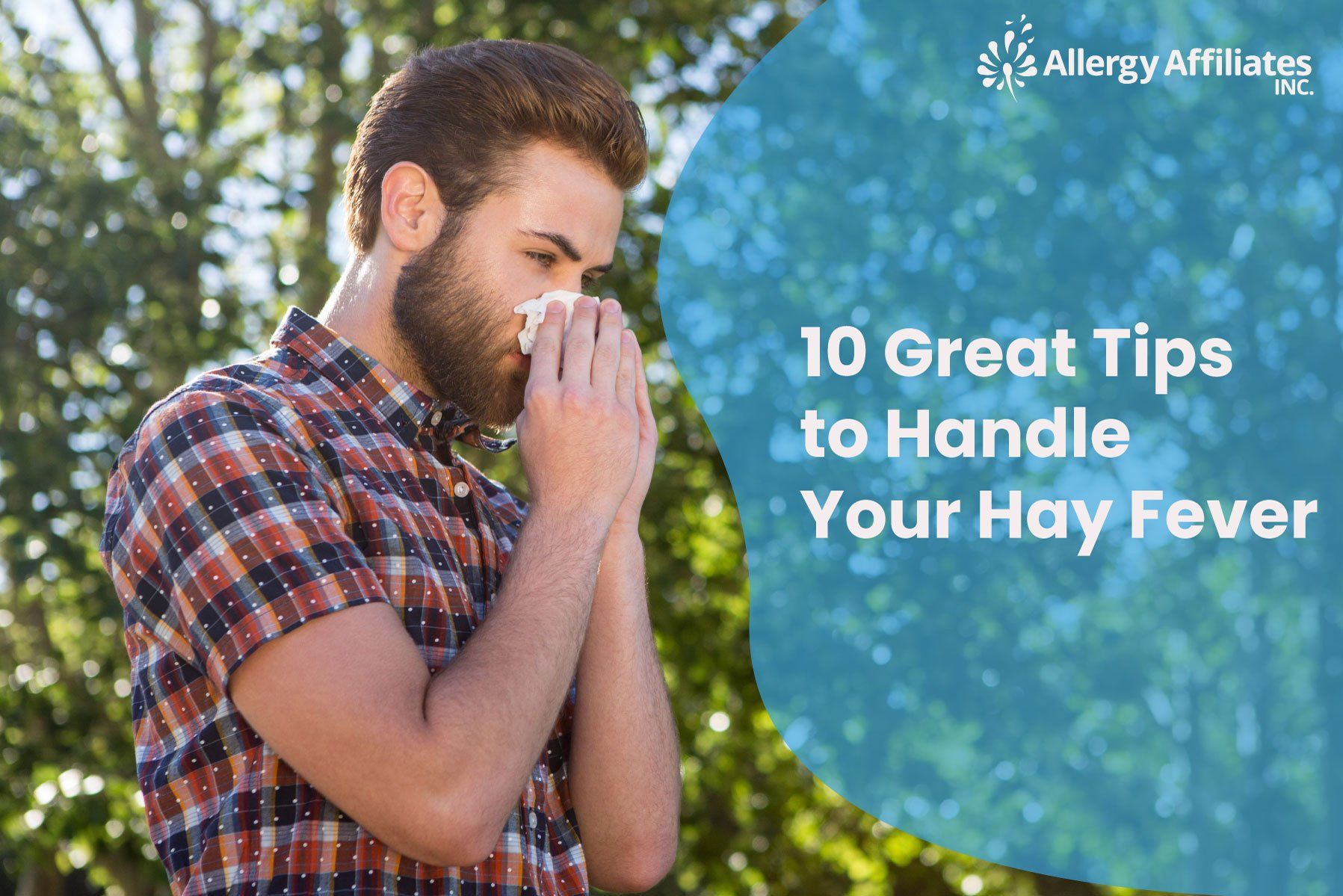
Along with more sunshine and pleasantly warm breezes, Floridians also have to deal with a year-long allergy season — and now it's in full swing!
If you have hay fever, you may think that your allergies will never go away. But allergies and constant sniffles don't have to be a part of your usual day. By taking some steps to avoid allergens in your environment and seeking professional help, you may be able to reduce the frequency and severity of your symptoms.
A Quick Look at Allergic Rhinitis
According to the Asthma and Allergy Foundation of America, allergic rhinitis, also known as hay fever, is a common condition affecting up to millions of Americans. Allergic rhinitis symptoms are similar to a cold, except they are caused by an allergic reaction rather than a virus.
If you have allergic rhinitis, your body overreacts to particles in the air that you breathe. In allergies, the immune system acts as if a harmful substance has entered the body and releases chemicals, like histamine, into the blood. These chemicals trigger various symptoms.
A common trigger of allergic rhinitis is pollen from weeds, trees, and grass. Still, other allergens can also trigger symptoms, including dust mites, animal dander, mold spores, and cockroach waste particles. In addition to allergic rhinitis, many people with allergic rhinitis have asthma and allergic skin diseases such as eczema and hives.
Signs and Symptoms of Hay Fever
Hay fever symptoms usually develop quickly after exposure to an allergen — within minutes or hours — and can last for days at a time. Some people are more sensitive to pollen than others, so the symptoms may not be severe for everyone. If you're exposed to allergens on a daily basis (for example, in your home or workplace), your symptoms may be chronic. Common symptoms of hay fever include:
- watery and itchy eyes
- eyelid swelling
- dark circles under the eyes
- wheezing
- chronic dry cough aggravated by asthma
- sneezing
- stuffy nose or runny nose
- mild skin rash or dry skin
- sinus congestion
- dry mouth
Ten Steps to Reducing Hay Fever Allergic Reaction
The first step in dealing with hay fever is to identify the triggers. If you don't know what they are, you can't avoid them. That's why you need to see an allergy specialist identify the root cause of your allergies. While you may not be able to avoid getting hay fever entirely, you can reduce symptoms. The following tips will help you cope with hay fever and get through the allergy season.
Reduce or eliminate exposure to known allergens
Keep doors and windows closed as much as possible during high-pollen days, especially during the early morning hours when pollen counts are highest. Wear a dust mask when you're outdoors if you're near a tree with pollen-producing plant blooms. You can also bring an umbrella when you're out in the grass or other places where pollen or other allergens are floating around. Also, it is a good idea to carry an antihistamine pill if you're allergic to bee stings, wasp or hornet stings, and cat dander.
Take over-the-counter medication
Whenever you have symptoms like nasal congestion or runny nose, always have OTC medications on hand. If your eyes are itching, make sure that you have an eye drop available for use in case it turns into a full-blown allergy attack that requires treatment by a doctor.
Wear proper clothing
Wear snug-fitting clothes and socks outdoors, especially during pollen season (usually late spring and early summer). Make sure to wear a hat when outdoors (to keep dust out of your hair) even when the weather is dry. Wear wraparound sunglasses and dab petroleum jelly on your lips to keep your eyes and nostrils pollen-free.
Observe regular cleaning routine
Avoid having dust or pollen in your house. Wash bedding and curtains frequently as part of your regular cleaning routine. Vacuum regularly with a device that includes a HEPA filter. Mop floors instead of sweeping them if you can, as this stirs up more allergens into the air when you do it. Use dust-mite-proof covers for pillows, comforters, duvets, mattresses, and box springs. Don't mow the lawn or rake leaves — this can stir up allergens. Hire a cleaning service to do it for you, instead.
Use air filters in your house and car
Airborne allergens can get into every room of your house, even if you keep doors and windows shut, so having an air purifier with HEPA filter in the rooms where you spend the most time is an excellent idea for allergy sufferers. Also, consider using an air filter in your vehicle to help reduce airborne allergens while driving.
Clean up after being outdoors
Take a shower after being outdoors and before going to bed. Pollen accumulates in hair and skin during the day. Wash your hands after touching pets that have been outdoors. Change clothes as soon as you get home.
Clear out the sinuses
Rinse your nasal passages with a nasal saline solution. You can find this over-the-counter at most drugstores. It's also easy to make at home with a teaspoon of salt and a cup of warm water. Rinsing daily will help clear pollen from the nasal passages. Moreover, do breathing exercises. Inhale deep and often. This exercise helps clear your sinuses and relax your muscles.
Check pollen levels
The level of pollen changes daily and is higher early in the morning and on warm, dry, windy days. Keep an eye on weather reports. If they mention high pollen levels, stay indoors with the windows closed as much as possible. If you have air conditioning, use it.
Don't consume alcohol
Alcohol triggers an allergic reaction and worsens hay fever symptoms by causing inflammation in the sinuses or nasal passages. So, avoid drinking if you want to fight hay fever effectively.
Avoid drying clothes outside
Pollen can collect on clothes, so don't dry clothes outdoors on high-pollen days. The slight breeze needed for drying may actually bring more allergens indoors. Between 5 a.m. and 10 a.m., pollen counts are at their highest, so it is best to do laundry in the late afternoon or evening rather than in the morning.
Is it COVID-19 or Hay Fever?
The COVID-19 pandemic is sweeping through the world. At this time, it's not just COVID-19 that is causing people to suffer from fever and respiratory difficulties. Hay fever season is also underway in Florida. In fact, many of the same symptoms appear in both diseases, like sneezing and runny nose. COVID-19 has some symptoms that are not present in hay fever, including:
- fever or chills
- sore throat
- shortness of breath
- bad dry cough that can progress to cough with phlegm
- muscle or body aches
- fatigue
- loss of smell or taste
The best way to know whether you have a seasonal allergy or COVID-19 is to have a test. Seek testing through your healthcare provider or call your local public health authority to find out where you can get tested near you. You can also do rapid antigen tests at home. Stay home until after you've undergone testing and received your results. Please consult your doctor if your symptoms get worse or do not improve over a period of time (over ten days) or if they seem severe.
Keep Your Hay Fever at Bay
As allergy season comes around, it's easy to let the symptoms of hay fever knock you down. Don't let it. Bradenton and Sarasota Allergist Dr. Sabharwal can help treat and relieve hay fever symptoms by getting to the root of your allergies. Call Allergy Affiliates at 941-792-4151 or visit this link to schedule your first consultation.

